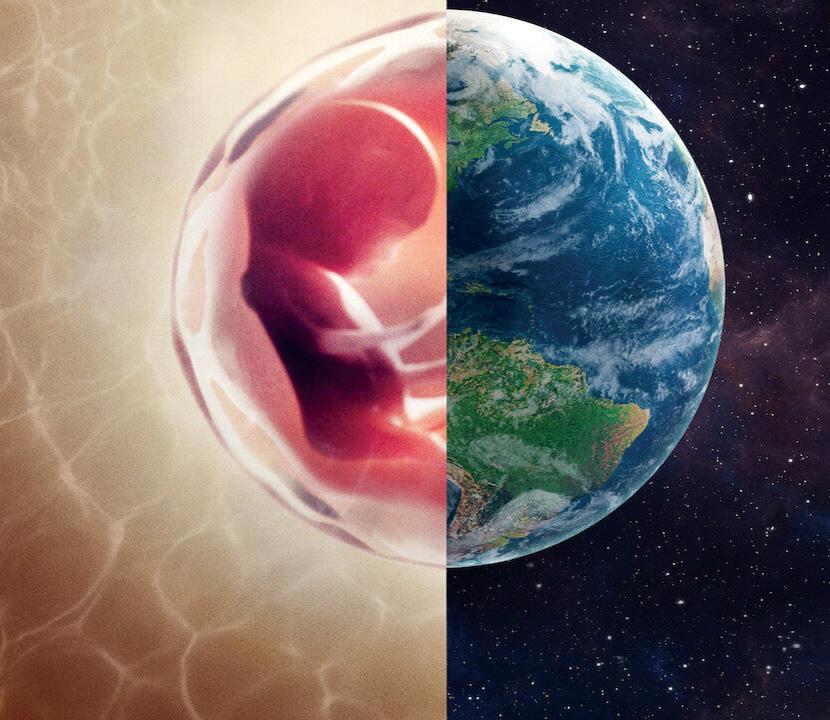with STEM™ CAREERS JOB KIT EXERCISE SCIENTIST
Improve the health, performance and participation of people, teams and athletes through exercise, training and advice
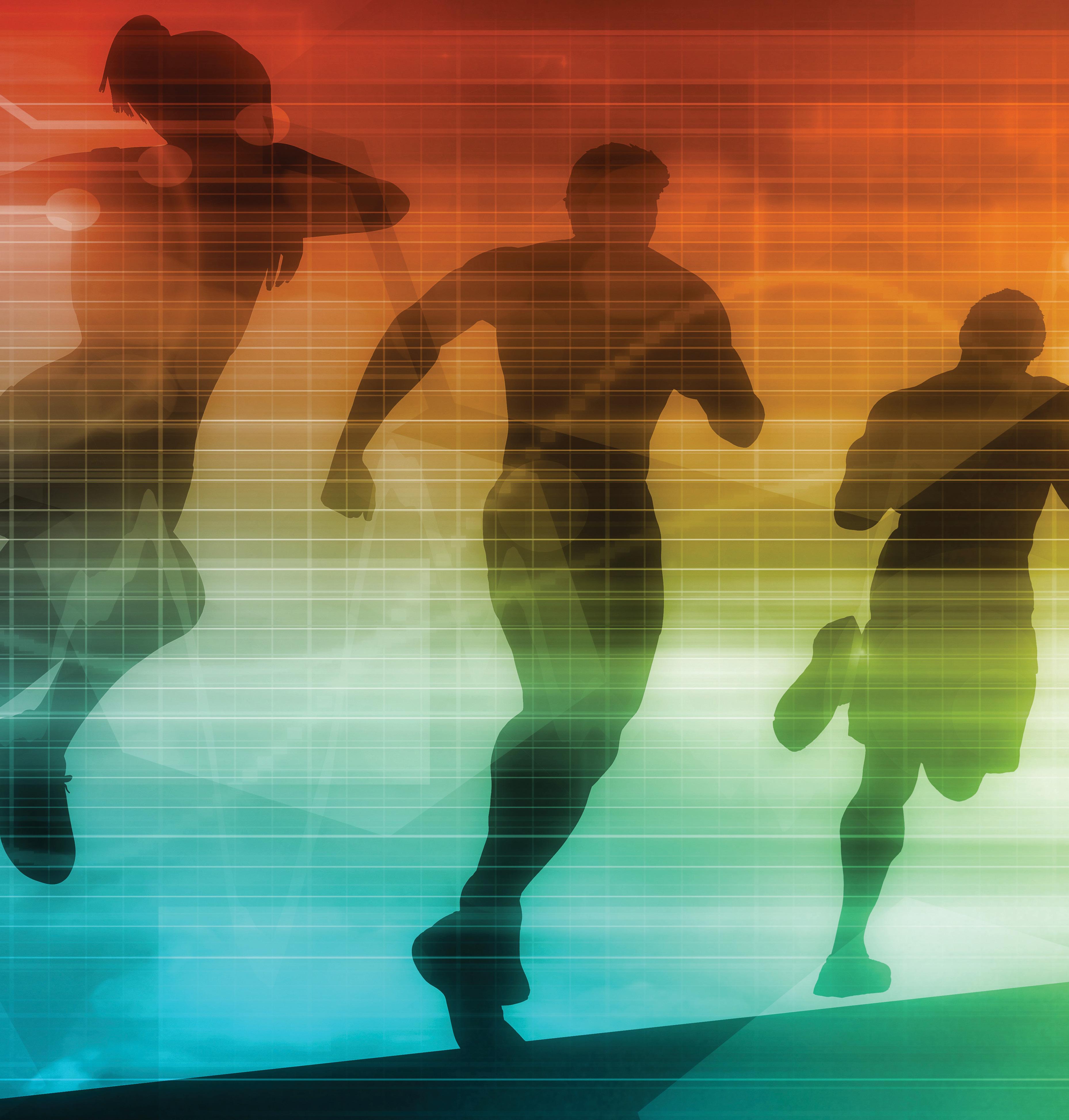
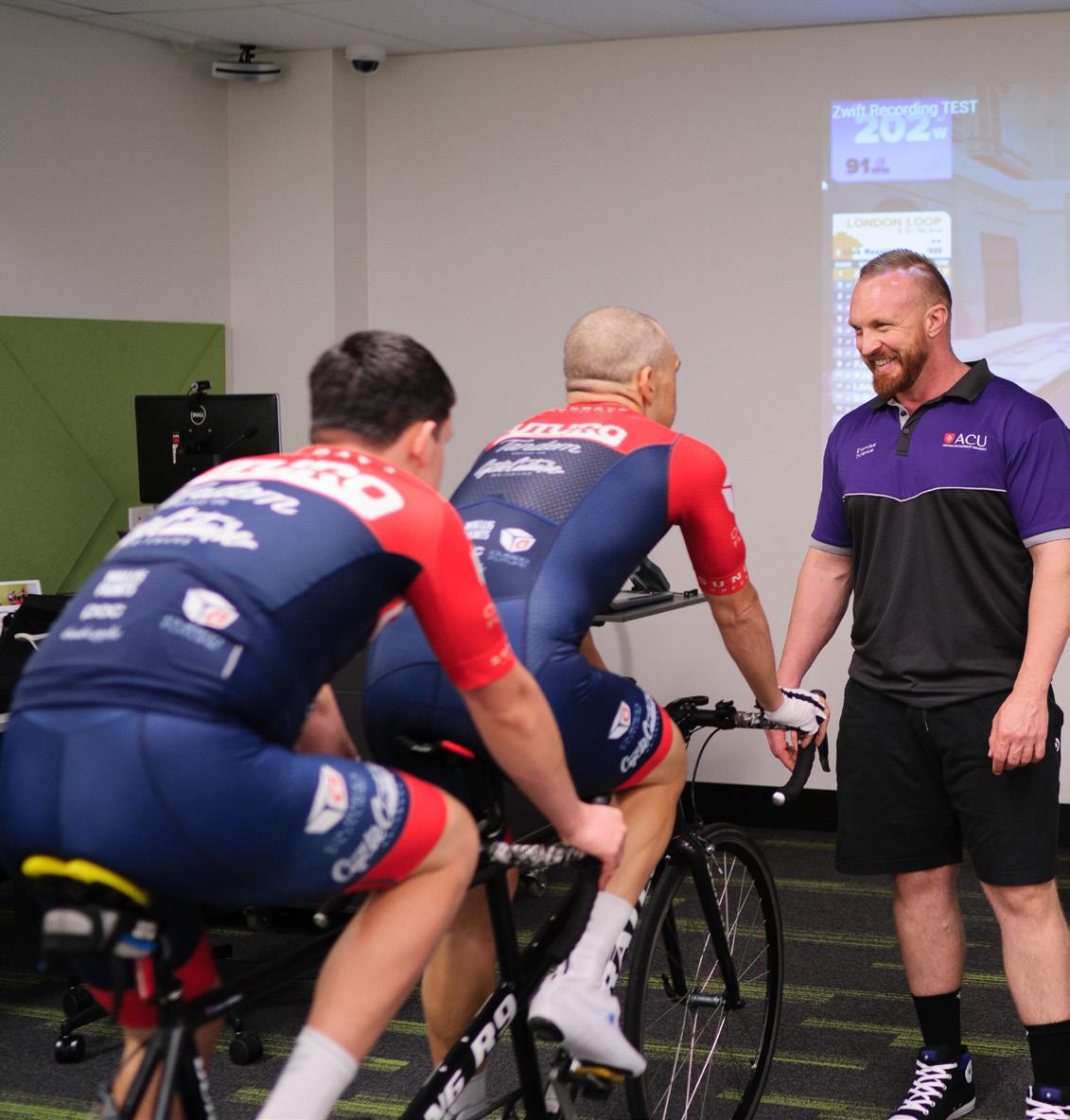
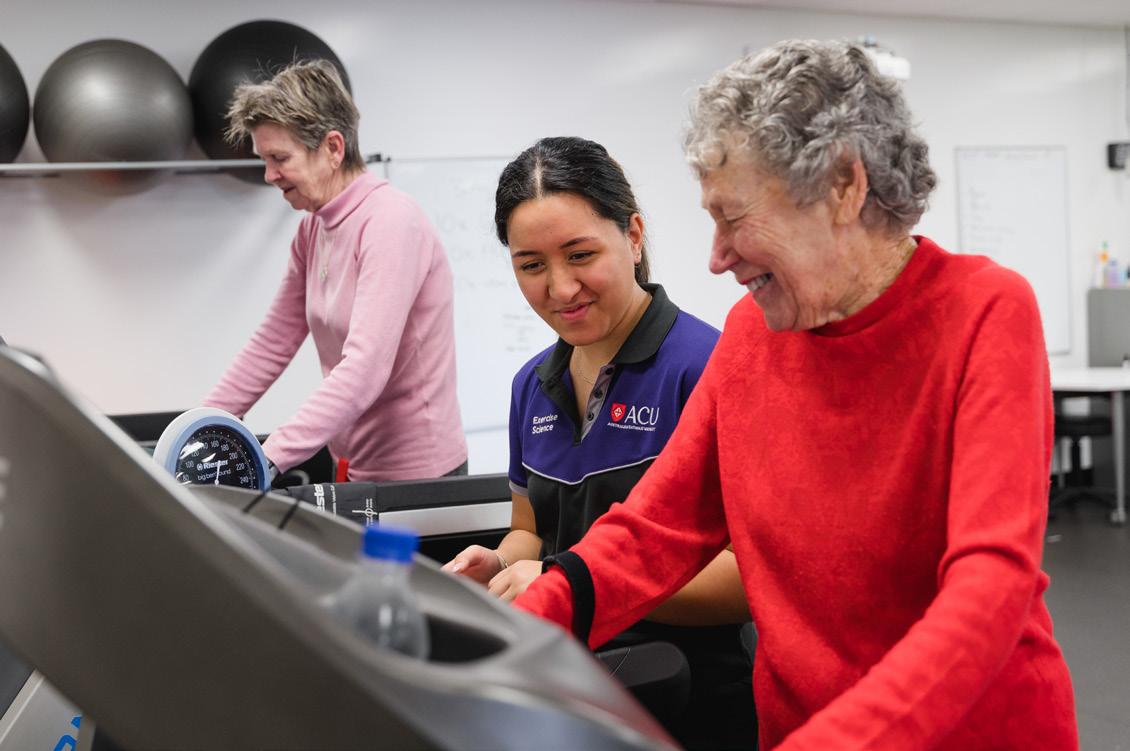
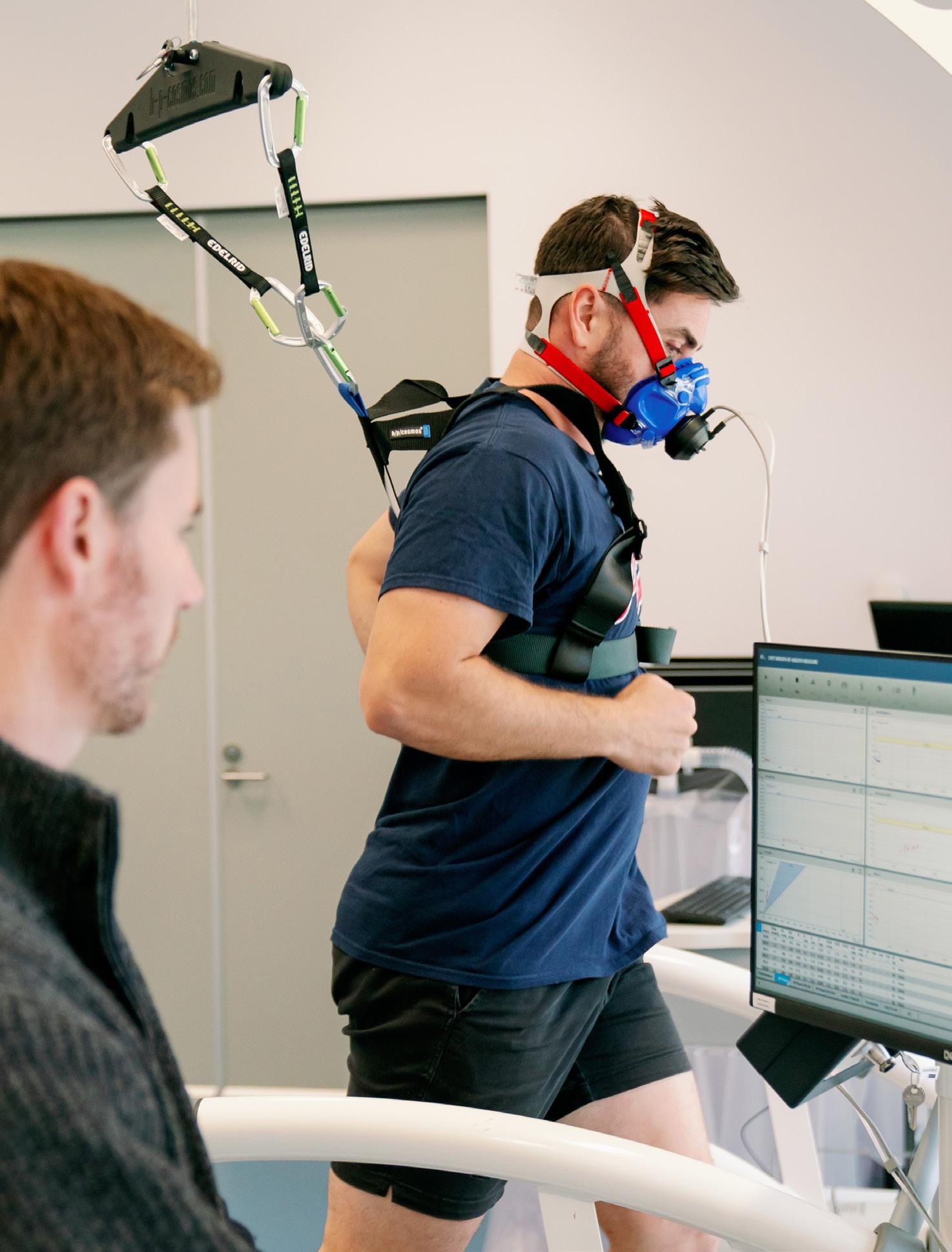

Improve the health, performance and participation of people, teams and athletes through exercise, training and advice




If you’re passionate about health, fitness and the science behind human movement, studying exercise science could be the perfect path for you.
Exercise science is a dynamic and rapidly growing field that explores how physical activity, exercise and sport impact health, wellbeing and athletic performance. As an exercise science student, you’ll delve into subjects like anatomy, physiology, biomechanics and nutrition. You’ll learn how to design and implement exercise programs, assess physical fitness and understand the physiological responses to exercise.
The career opportunities in exercise science are diverse. You could work as a performance analyst, strength
and conditioning coach, wellness coordinator or, with further study, an exercise physiologist. There are also opportunities in rehabilitation and research.
Exercise science students often undertake a double degree in less time than it would take to study two degrees. This is a great way to broaden your career options by pairing exercise science with business, nutrition, psychology or secondary education.
Exercise science graduates often pursue further studies in fields like physiotherapy, occupational therapy or sports medicine.
Empower others to live healthier lives, reach their fitness goals, and take control of chronic conditions.
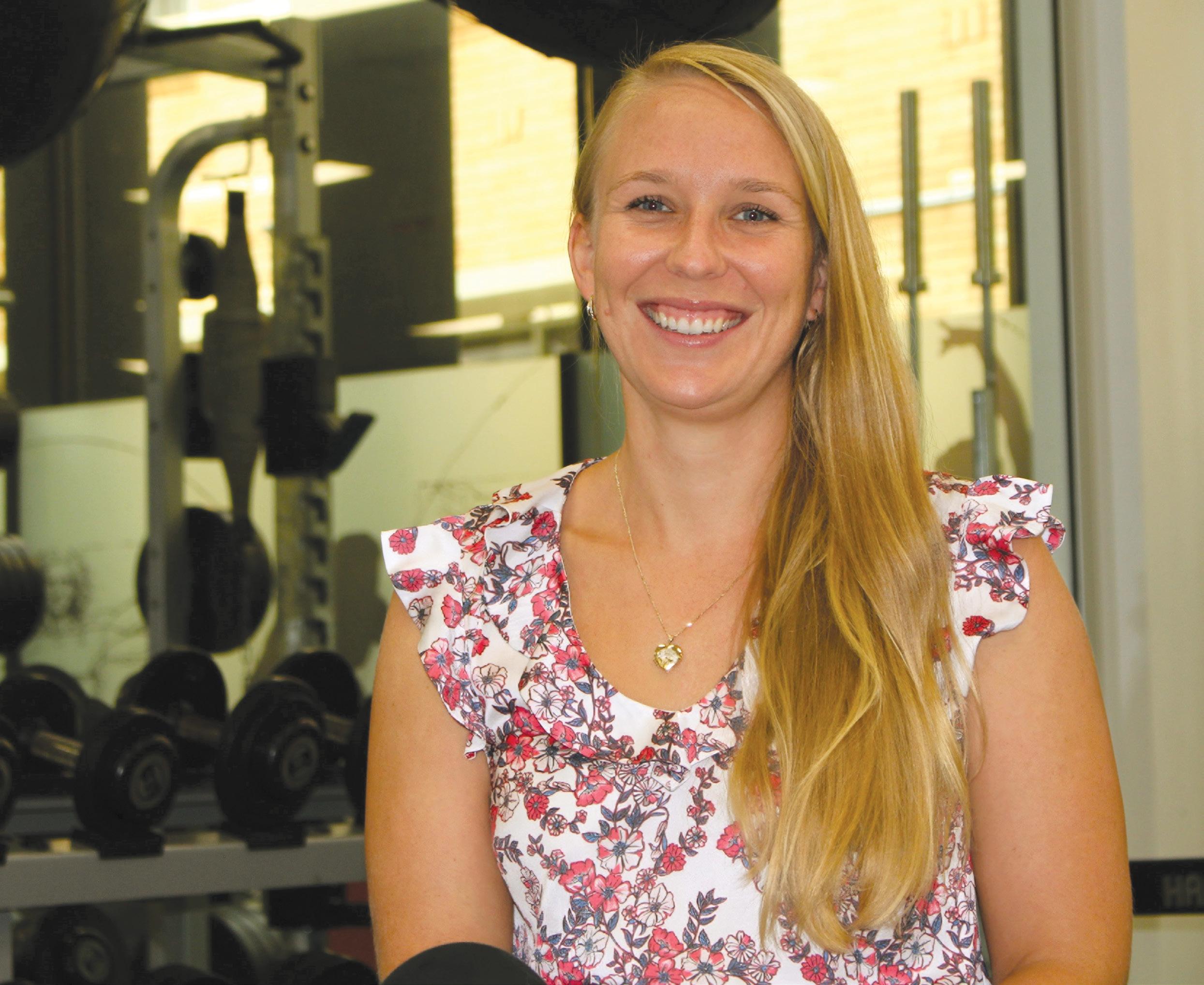
Exercise and sports science has the power to significantly enhance a person’s quality of life. It’s uniquely effective in preventing and treating a wide range of conditions and diseases, making it one of the most potent tools for improving overall wellbeing.
My fascination with human physiology inspired my journey to become an exercise scientist. I am passionate about optimising health by working with the body’s natural processes. One of the highlights of my job is working with pregnant women and new mothers. Additionally, helping individuals with conditions like diabetes and hypertension by incorporating exercise into their lives is incredibly rewarding.
If, like me, you want to make a real difference in people’s lives, then this is an excellent study and career choice for you, offering many impactful career paths and opportunities.
The Bachelor of Exercise and Sports Science at ACU is a great place to start. Not only do we have some of the best researchers in the field, but ACU also boasts a dedicated teaching and learning team, ensuring that we prioritise the best learning practices, the latest technology and hands-on practical experiences.
You will finish your degree with experience using a range of top-end exercise testing equipment, such as VO2 max testing and virtual
reality exercise simulations.
We also have established industry partners, from elite sporting organisations to clinical hospital placements, to provide you with practical experiences in real-world settings.
The potential to help people and positively change their life trajectory through exercise science is incredibly motivating for me. I’m excited to share this Job Kit with you and I hope it will inspire you to explore this field.
Kassia Beetham, Senior Lecturer School of Behavioural and Health Sciences Sports Performance, Recovery, Injury & New Technologies (SPRINT) Research Centre ACU, Brisbane Campus
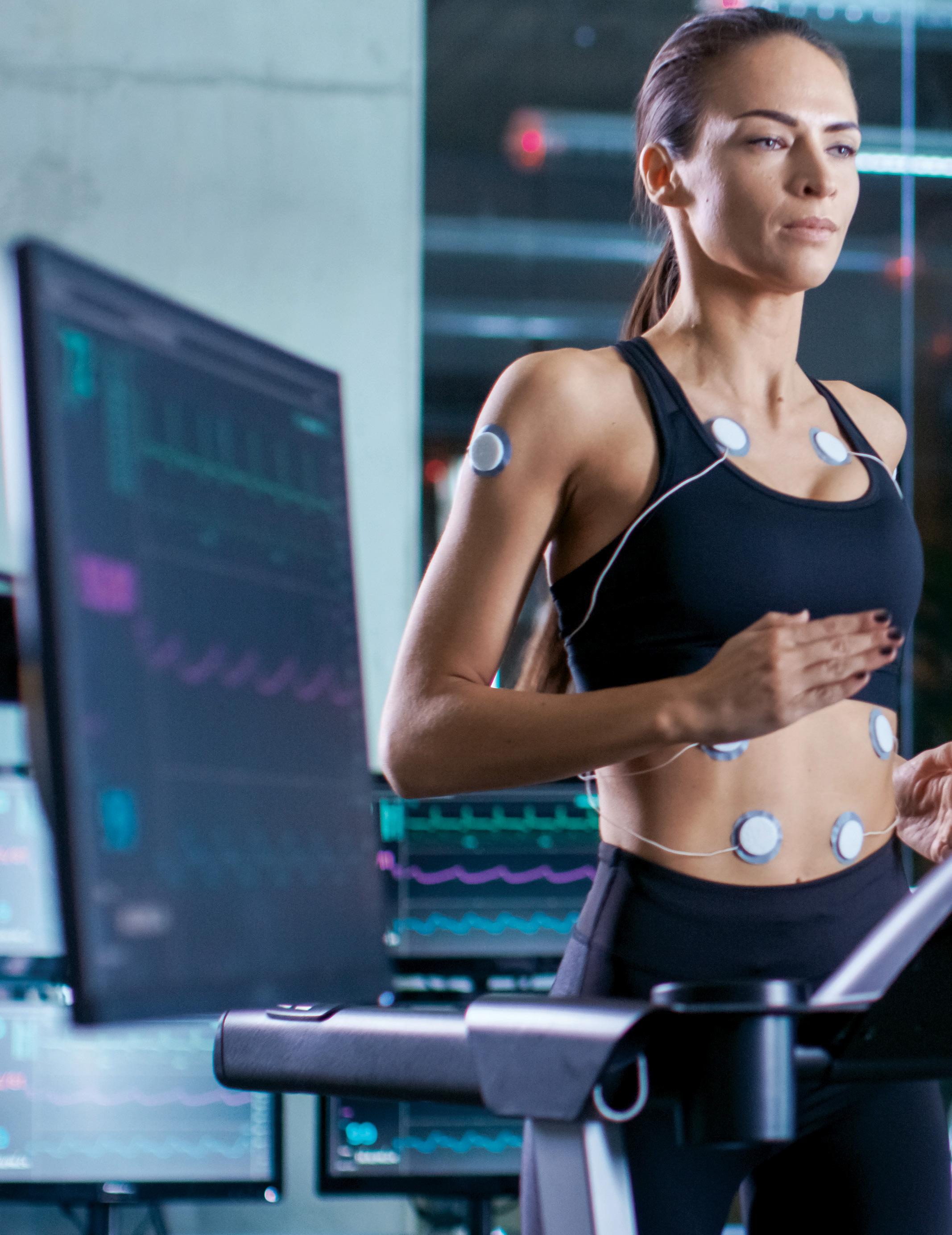
Discover where an exercise science study and career path could take you and how you can make a difference to people’s lives
Don’t know loads about exercise scientists? We sort the real from the rumour below!
There’s demand for more exercise scientists.
NSW Health says Australia’s ageing population may further the demand for exercise physiology services. The 2032 Olympic Games in Brisbane could also bring about opportunities. More athletes in Team Australia could lead to the employment of additional exercise scientists to assist in their training and performance.

An exercise scientist does the same job as a personal trainer.
No! An exercise scientist is an accredited professional who uses exercise to prevent injuries and chronic conditions, and implements programs to improve health, fitness, sporting performance and wellbeing. Exercise scientists require uni degrees, while a personal trainer usually holds a Certificate IV in Fitness or a related area.
You get lots of practical experience at university, so you’ll be job-ready once you graduate.
Yes, depending on the degree! At ACU, Bachelor of Exercise and Sports Science students must complete 25 hours of community engagement and 140 hours of professional experience. ACU students have assisted in coaching athletes, prescribed exercises, performed testing, and assessed and collected data from elite athletes to create reports for athletes and coaches.
Exercise scientists only work in fitness centres and gyms. Nope! If you study exercise and sports science, you could also work in:
• National, state and local sporting organisations and teams
• Academies of sport on state and national levels
• Hospitals and aged care
• Schools
• Private health clinics
• Community health clinics
• Corporate health and wellness
• Defence
• Not-for-profit organisations to promote health and physical activity
• Academia
• Your own small business
ACU works with a variety of industry partners like AFL, NRL, A-League clubs, the Australian Institute of Sport, Tennis Australia and the NBA in America. Think of all the employer connections you could make!
Dr Kassia Beetham, senior lecturer and course coordinator in the School of Behavioural and Health Sciences at ACU, says there are a variety of career opportunities for exercise and sports science graduates, and they could nab the following job titles:
• Exercise scientist
Your job is to focus on improving the health and wellbeing of healthy individuals. You could work in public health or sports leadership.
• Sports scientist
You’ll enhance athletic performance through strength and conditioning, as well as performance analysis. Why not level up with ACU’s Master of High Performance Sport? Work in elite level biomechanical movement analysis.
• Exercise physiologist
After completing a 1.5-year Master of Clinical Exercise Physiology, you can prescribe exercise for individuals with disabilities, diseases or other complex conditions.
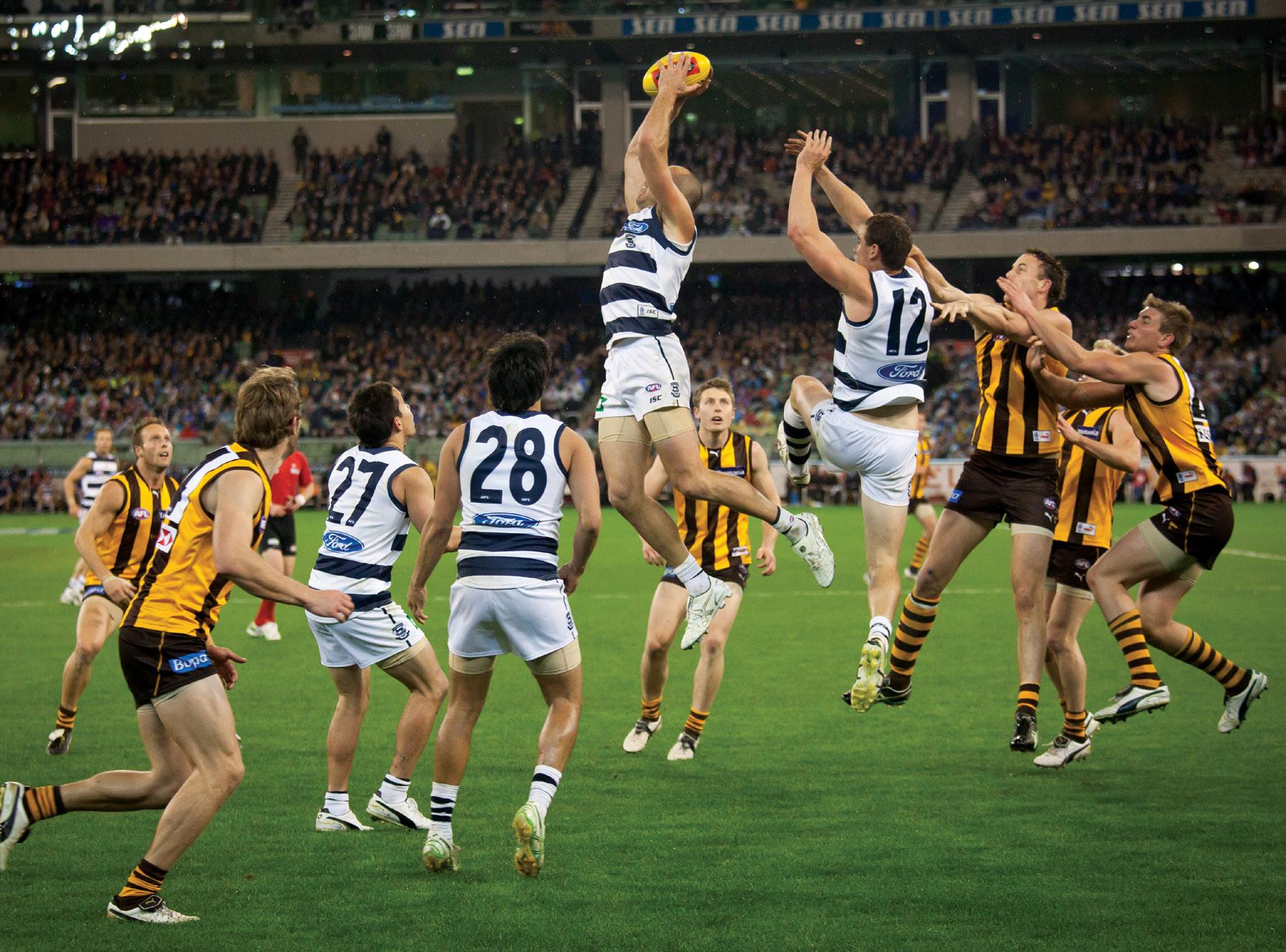
✔ Are passionate about health, wellbeing and/or sports
✔ Like working with and motivating people
✔ Want to help the community and create positive change
✔ Are good at setting and achieving goals
✔ Would like to better understand the human body and continually learn
According to Exercise and Sports Science Australia (ESSA), new graduates can be paid $70K–$79K after leaving university. With five years’ experience, you can expect a salary of $100K–$119K while senior exercise and sports scientists with 10 years’ experience command over $120K.
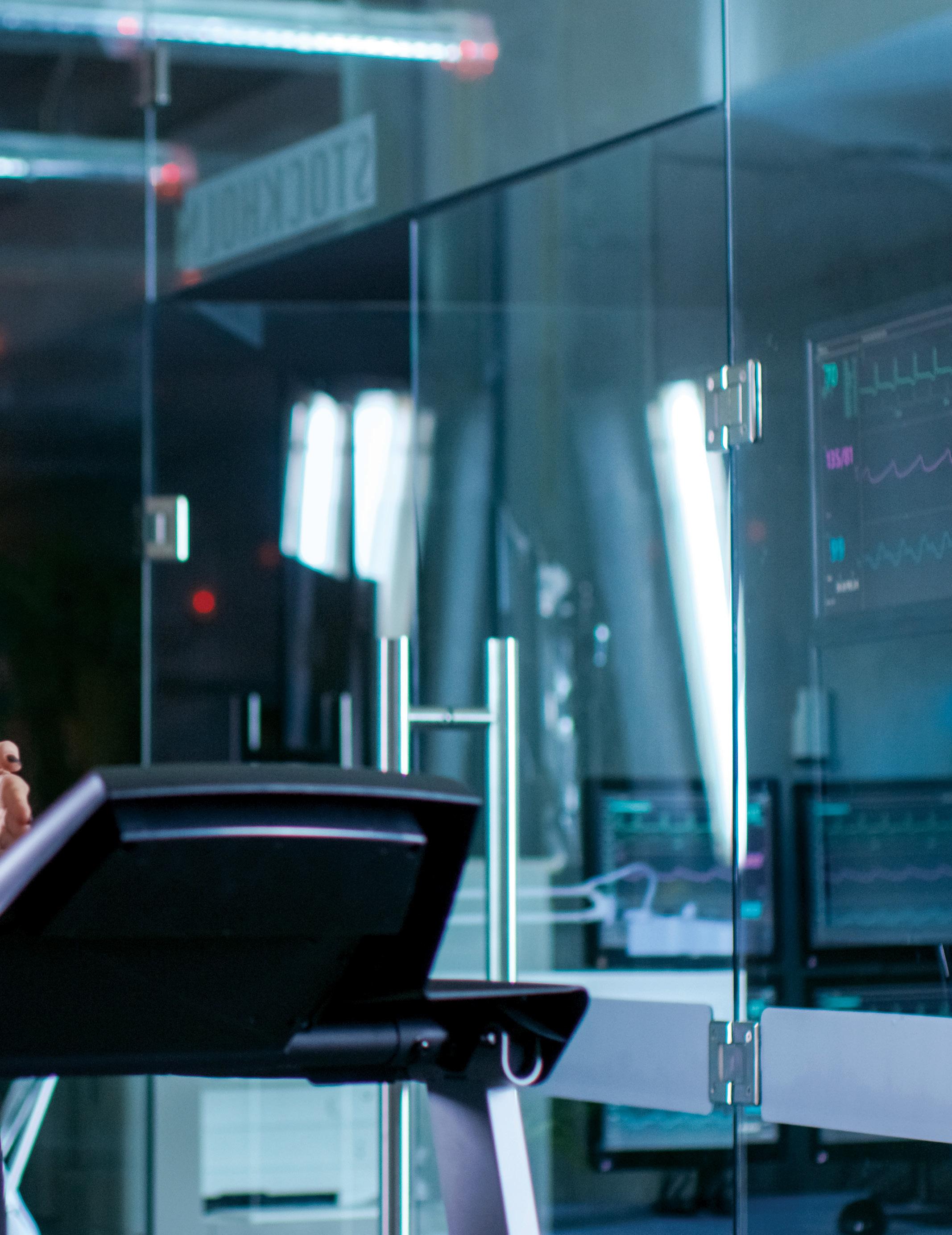
Interested in combining a passion for teaching or business with health? A double degree like this could be for you:
• Bachelor of Education (Secondary)/ Bachelor of Exercise Science
• Bachelor of Exercise Science/ Bachelor of Business Administration
To work as an exercise scientist, you’ll need a university degree. You’re spoiled for choice at ACU with the following options:
Undergraduate
• Bachelor of Exercise and Sports Science
• Bachelor of Exercise and Sports Science (Honours)
Double degrees
• Bachelor of Exercise and Sports Science/Bachelor of Nutrition Science
• Bachelor of Psychological Science/ Bachelor of Exercise and Sports Science
Postgraduate
• Master of Clinical Exercise Physiology
• Master of High Performance Sport
• Graduate Certificate in Exercise Rehabilitation for Sports Injuries
• Graduate Certificate in Sports Analytics
Scan here to find out more about these courses
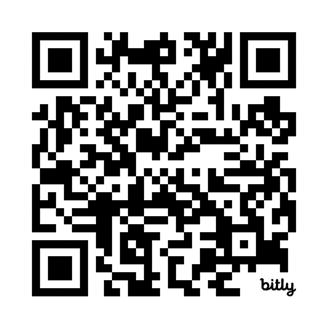
Kade Silverthorne is combining his love of powerlifting with the science behind it – and setting his sights on a career in research
Kade has been lifting weights since he was 14 and competing in powerlifting since 17, so it was no surprise that he wanted a career in the world of exercise science – but he hasn’t followed a traditional route into uni.
“I was homeschooled, so I didn’t do the HSC or get an ATAR,” Kade says. “Instead, I completed a Certificate IV in Fitness at 16 and used that to get in!”
Kade initially enrolled in a sports coaching degree but soon realised his real interest lay in the science behind exercise rather than hands-on coaching. “I prefer the science-y side of exercise,” he says. “So, I switched to Exercise and Sports Science at ACU and haven’t looked back.”
At ACU, Kade has found a close-knit academic community that’s helped shape his ambitions. “The one-on-one attention from teachers has been the best part.”
Academia appeals to me. I’ve never wanted to do the same thing every day. ”
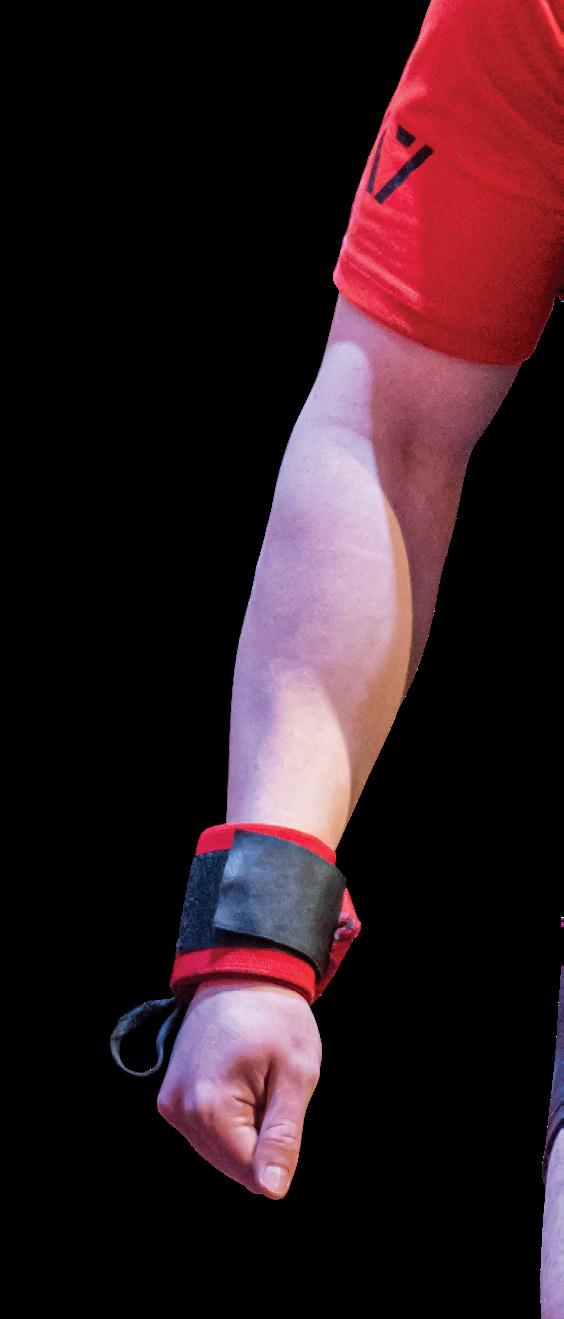
“It’s helped me do well in my studies and guided me towards the path I’m now aiming for,” he says. That path? A future in academia. “I was lucky enough to work with an associate professor through the Undergraduate Research Internship Scheme, where we wrote a paper related to powerlifting. It’s currently under review for publication! That experience really solidified that research is something I want to pursue.”
Kade plans to continue at ACU with an honours degree and, eventually, a PhD. “I’d love to contribute to the scientific literature on resistance training biomechanics,” he says. “I want to research, teach, collaborate and travel – constantly learning and pushing the field forward.”
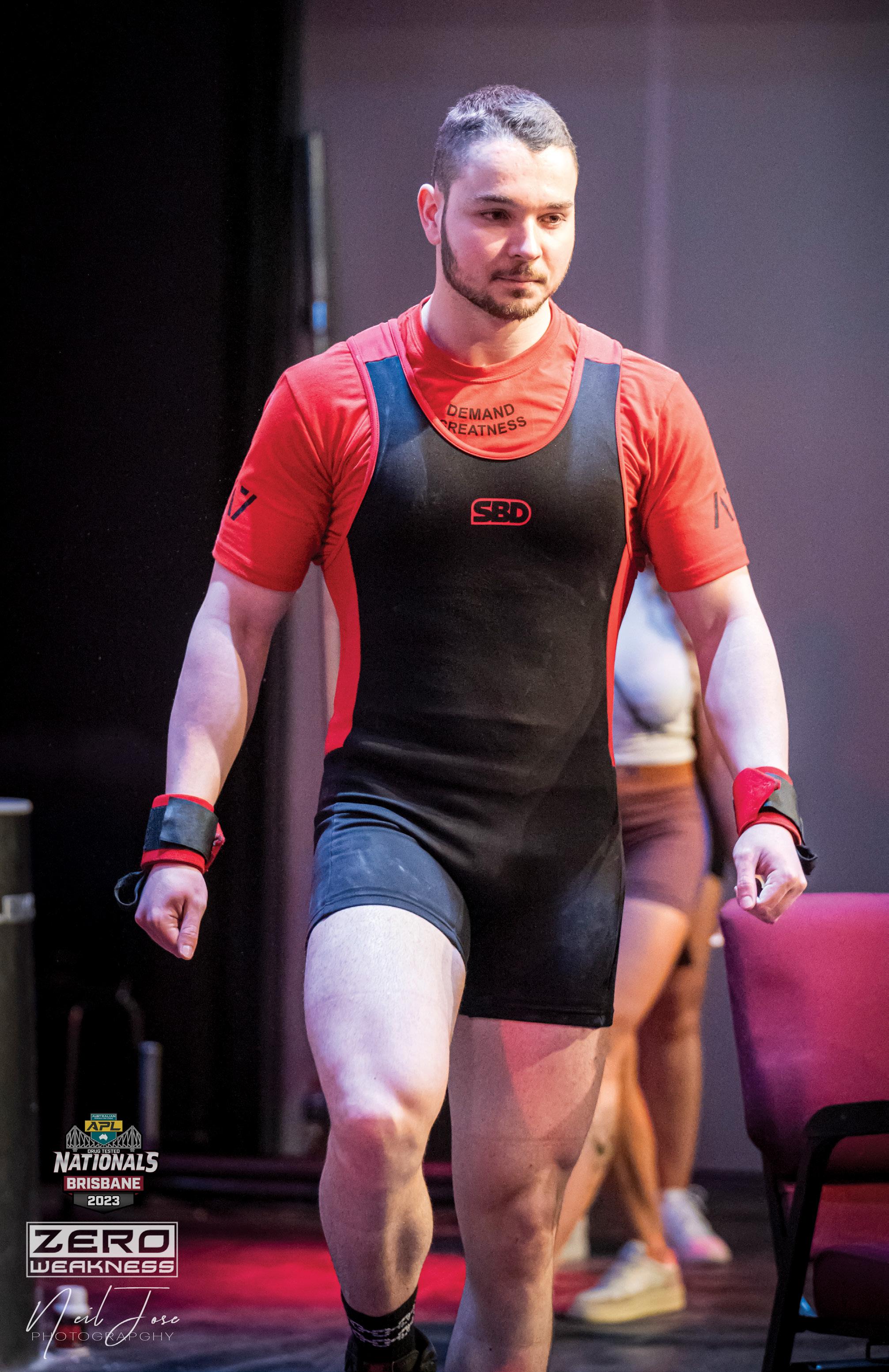
As a biomechanist Emma Millett helps top athletes run faster, jump higher and push their limits. Here’s what a day at her job looks like!
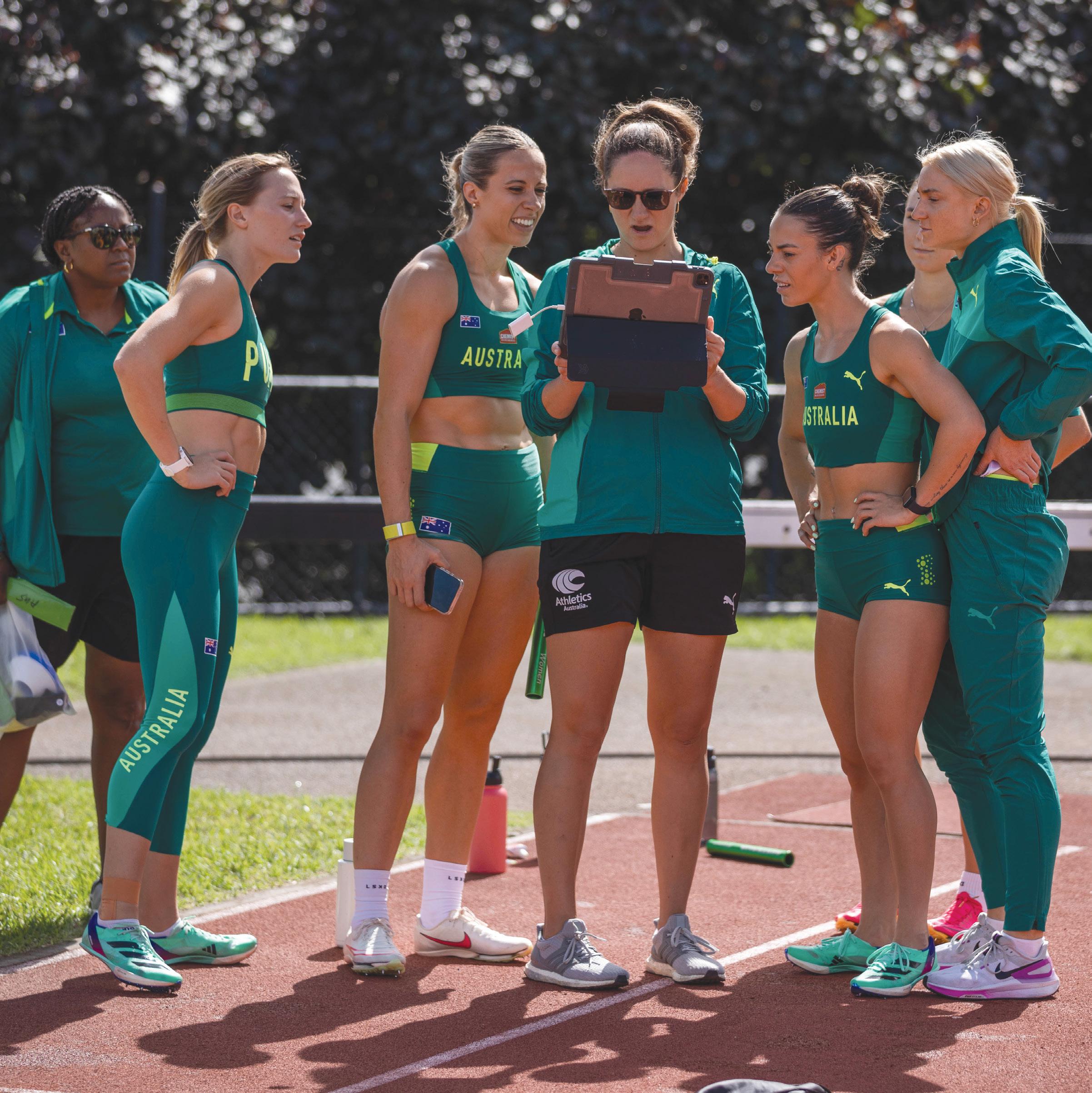
Emma is a senior biomechanist at the NSW Institute of Sport (NSWIS) and the national lead of biomechanics for Australian Athletics. She works with Australia’s top track and field athletes to help them perform at their peak. Using data and video, she studies how athletes move and helps coaches fine-tune every step, jump and throw.
“High-performance sport is an iceberg – you only see the results, but there’s a huge team working behind the scenes,” she explains.
Emma says her job isn’t a typical 9-to-5-type gig. One day she might be testing athletes at the track, the next she’s crunching data, or even flying overseas for competitions. While no two days are the same, here are some of the cool things you might find her doing:
9am – At the track
“I start the day at the track working with one of our key squads and coaches here at NSWIS,” says Emma. “That often involves testing and feedback using laser, Optojump, and video to assess and monitor an athlete’s technique.”
Optojump is a sensor system that tracks things like jump height and ground contact time – details too quick to catch with the naked eye. These tools help Emma and the coaching team fine-tune an athlete’s movements to improve their performance.
10am – Data deep dive
“Then it’s back to the office to do some number crunching and review from either the session, lab testing, or from a competition I had travelled to on the weekend.”
emma millett senior Biomechanist nsw institute of sport
1pm
“A coach or performance team member will often stop by my desk to chat through reports, key thoughts, and feedback, and then plan for the next session.”
4pm
“Often in the late arvo, I will check in and connect with others in the network I lead, or other discipline leads on key projects. One we are working on at the moment is with our engineering lead at Australian Athletics, where we are working on prosthetic blade or wheelchair adjustments.”
6pm – Packing for the next adventure
Emma’s work takes her across Australia and overseas. “The day will often wrap up with packing for either another training session, national camp, competition, or trip,” she says.
Choose these subjects in Year 11 and 12 to get a head start on your studies: ✔ English ✔ PD/H/PE ✔ Maths ✔ Biology ✔ Chemistry ✔ Physics
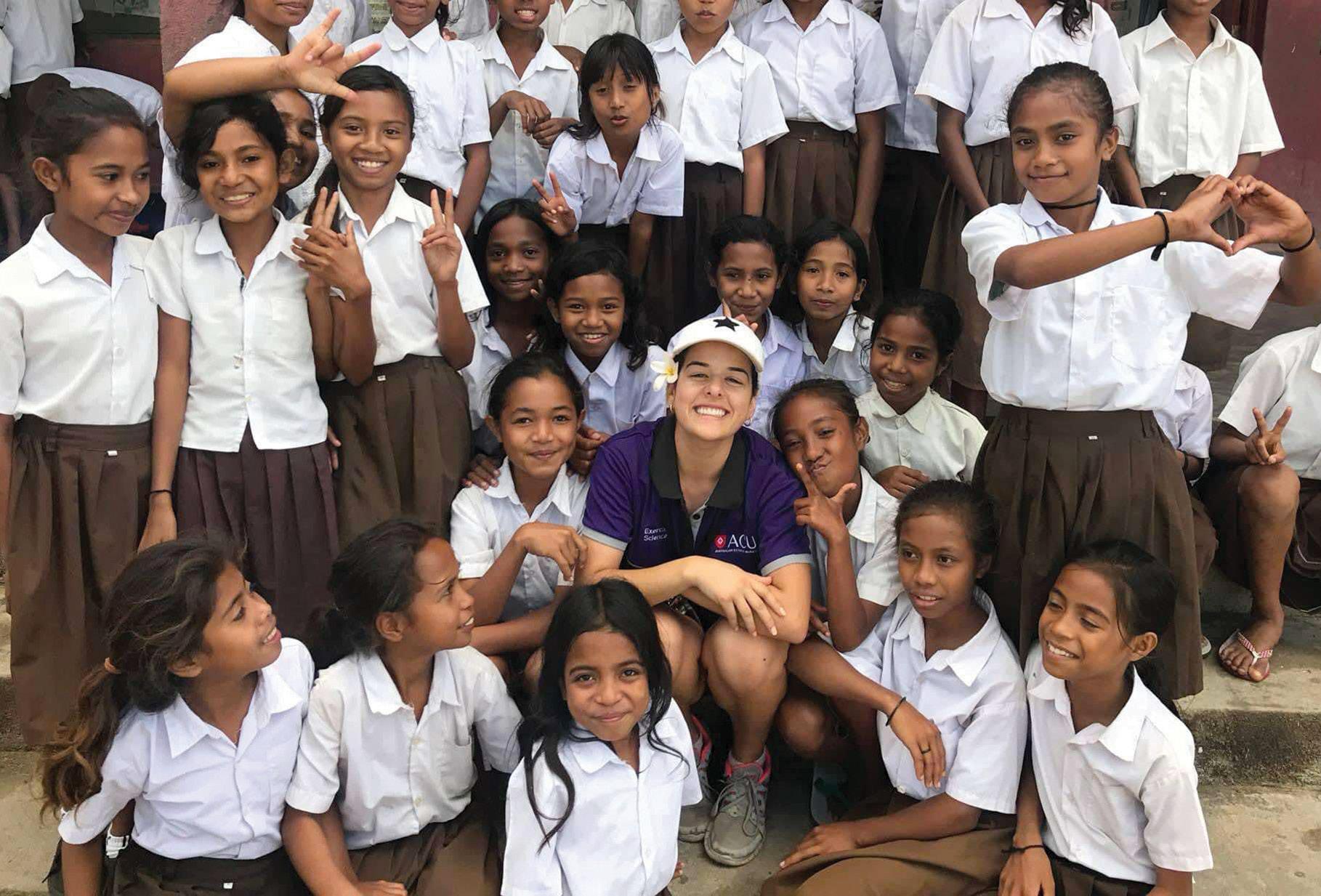
Ready to kick off your career in exercise science? Start here:
A little networking can go a long way! Create a LinkedIn profile and follow these pages: Exercise & Sports Science Australia (ESSA)
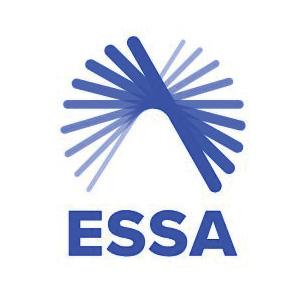
The nation’s leading voice on exercise and sports science. They represent degree-qualified exercise professionals who support Australians to reach their health and performance goals.
Tennis Australia
The governing body for tennis in Australia, from grassroots to elite development. They organise events like the Australian Open.
Sydney West Sports Medicine
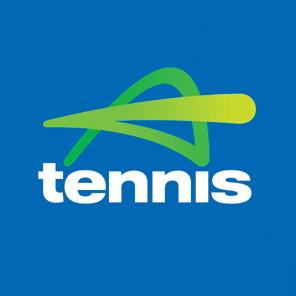
A sports medicine and rehabilitation clinic. They have assisted athletes at multiple Olympics. Also connect with your local sporting organisations or favourite national sports teams for insights and to stay across any work experience, internship or job opportunities that come up.
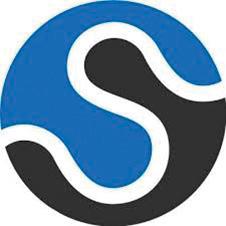
elise martini sports science student
This mag by ESSA includes profiles on inspiring people working in exercise and sports science, as well as health, fitness and medical industry news.
‘Life Lessons You Can Learn with a Course in Sports Science’ – Careers with STEM
Every year, hundreds of ACU students head overseas on community programs. Read about sports science student Elise Martini in Timor Leste and Vanuatu.
Hear from researchers in exercise metabolism, exercise physiology and exercise’s effects on health. You’ll love their chats that mix science with practical strategies. It’s hosted by Australian exercise metabolism researcher, Glenn McConell.
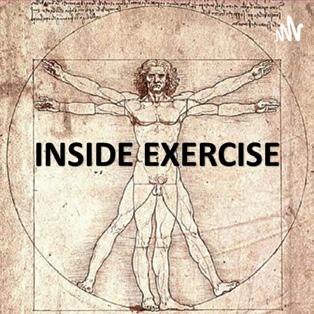
Critical thinking
Cultural awareness
Empathy
Patience
Problem-solving
Time management
The Performance Hour
Each episode is dedicated to the science of sporting performance, focusing on women in sport. It’s an awesome listen!
You are what you eat... and how you sleep! (YouTube)
Find out how the science of optimal sleep and nutrition contribute to elite athlete performance.
Human: The World Within (Netflix)
A docu-series where science and personal stories collide to highlight the incredible the human body.
